At Five Star Data Recovery, we focus on advanced NAS data recovery. We work with all types of NAS devices, setups, and RAID volumes. It doesn’t matter if you use your NAS system at home, in a small office, or a large corporate environment. We are here to help. We will recover your data safely, quickly, and professionally. We handle everything from accidental deletions to complete system failures. Whether your NAS is a single-drive unit or a multi-bay RAID array, we have the tools and experience to recover your data.

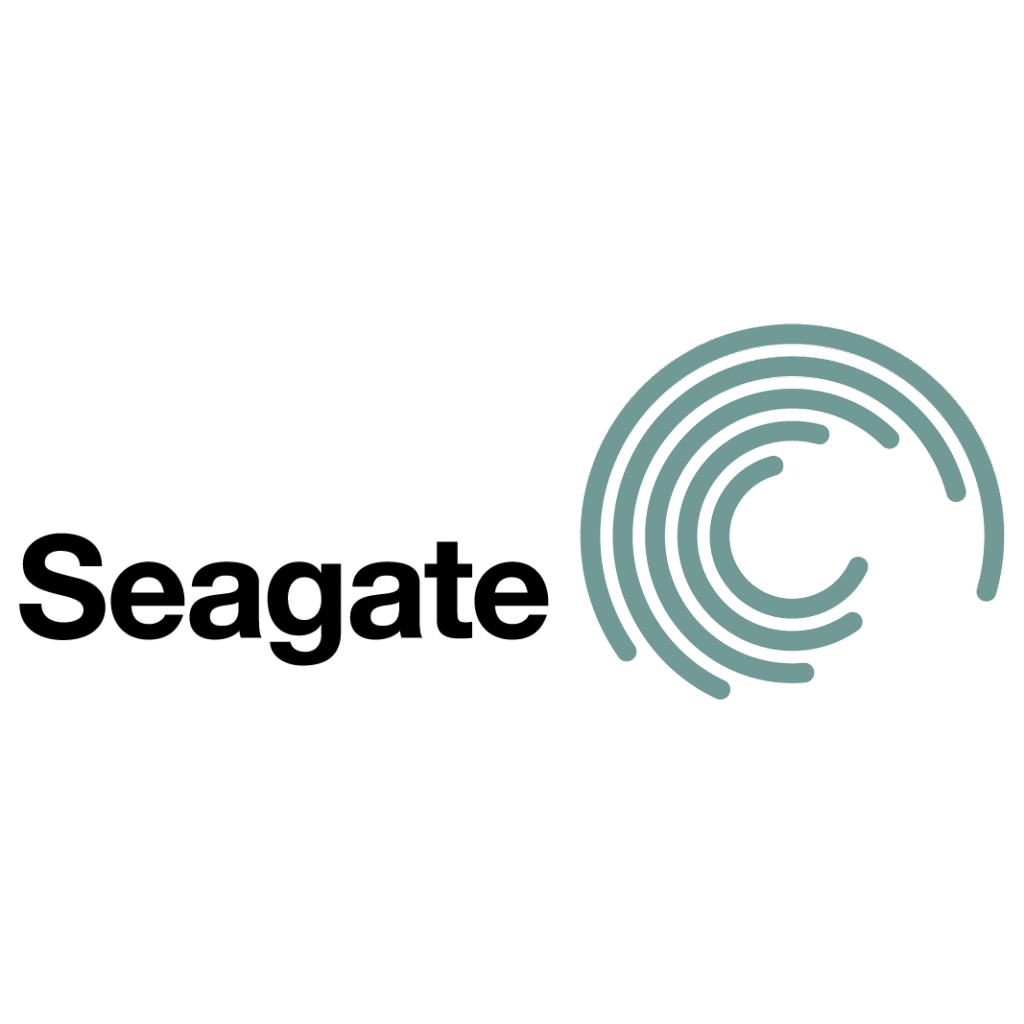
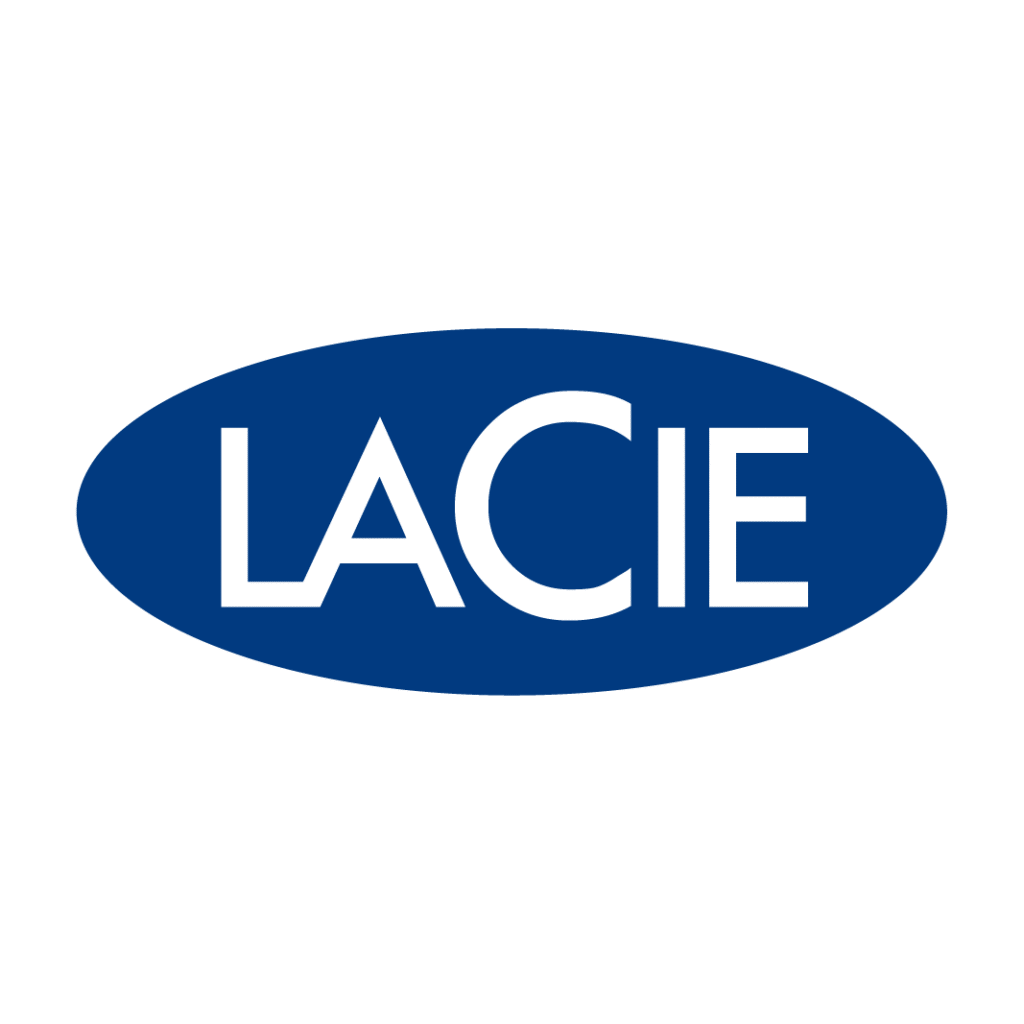
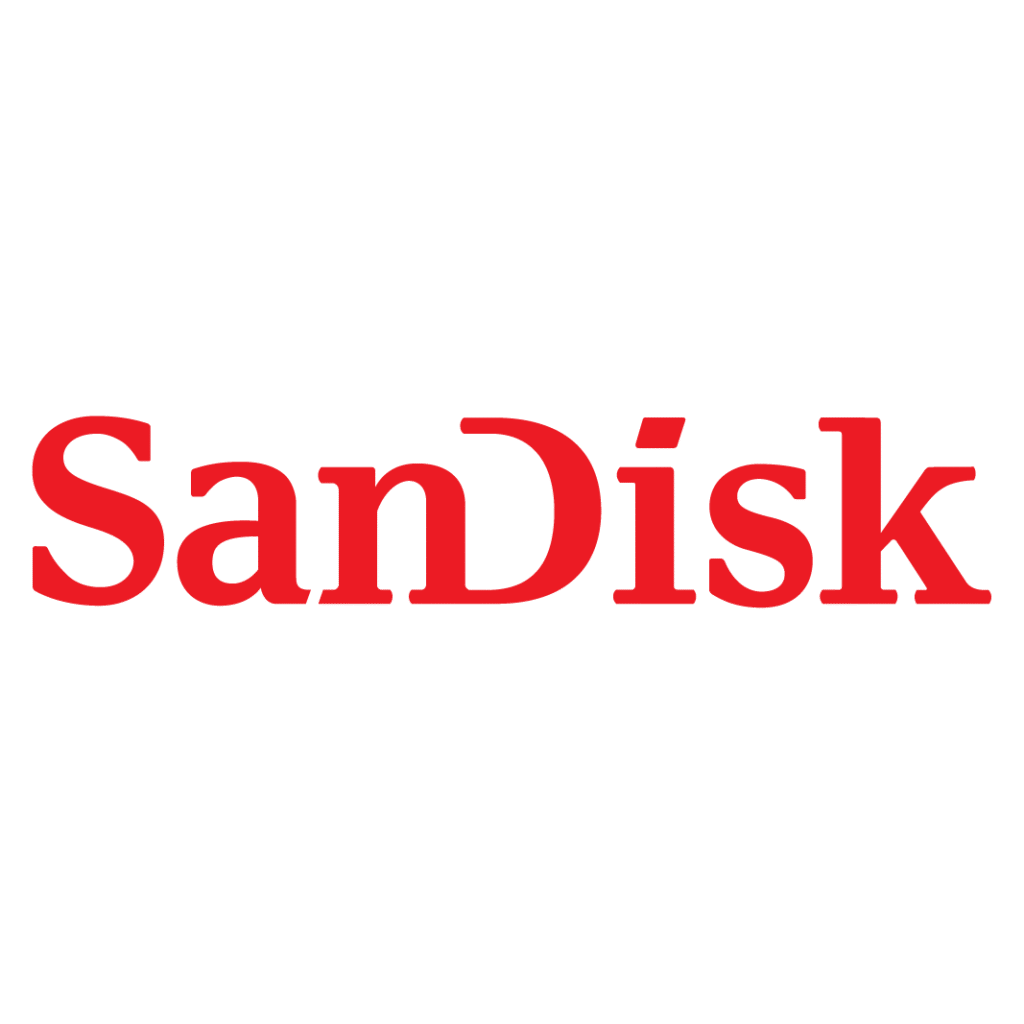
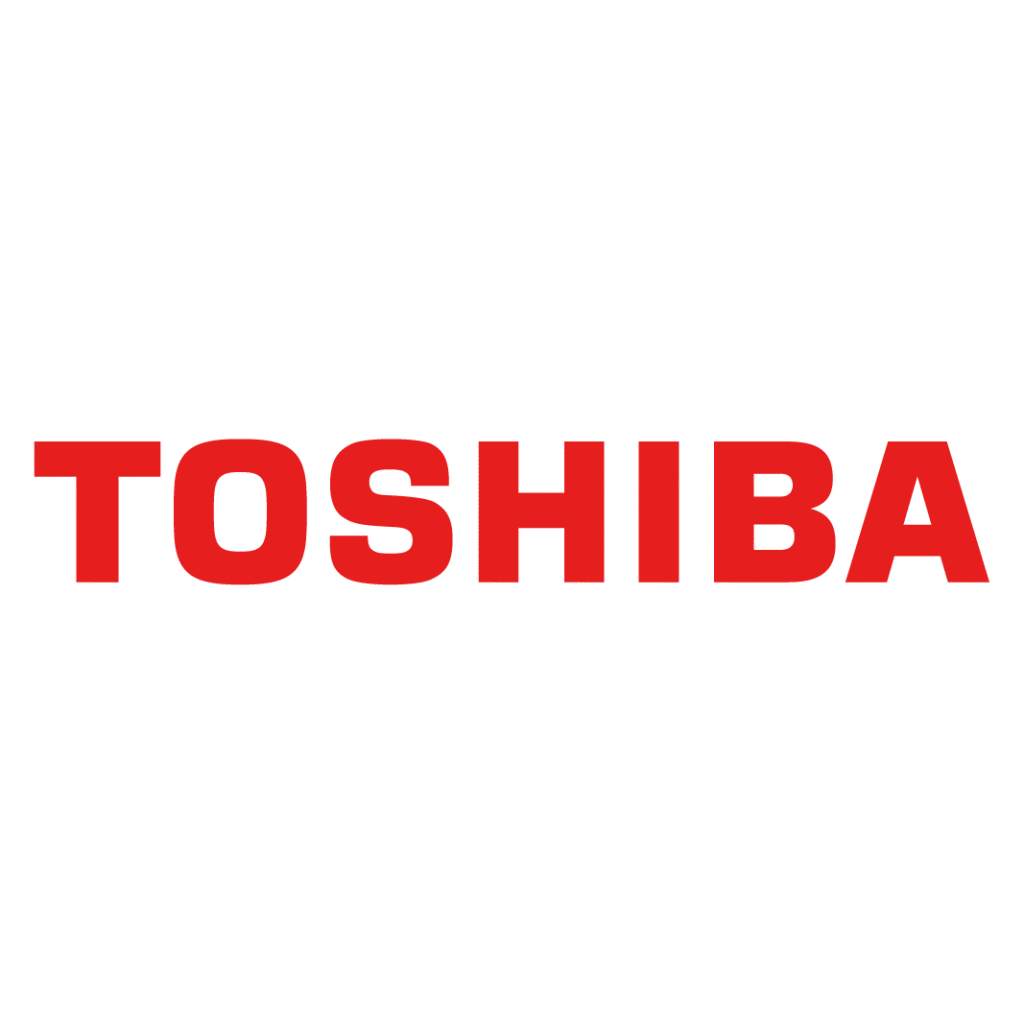
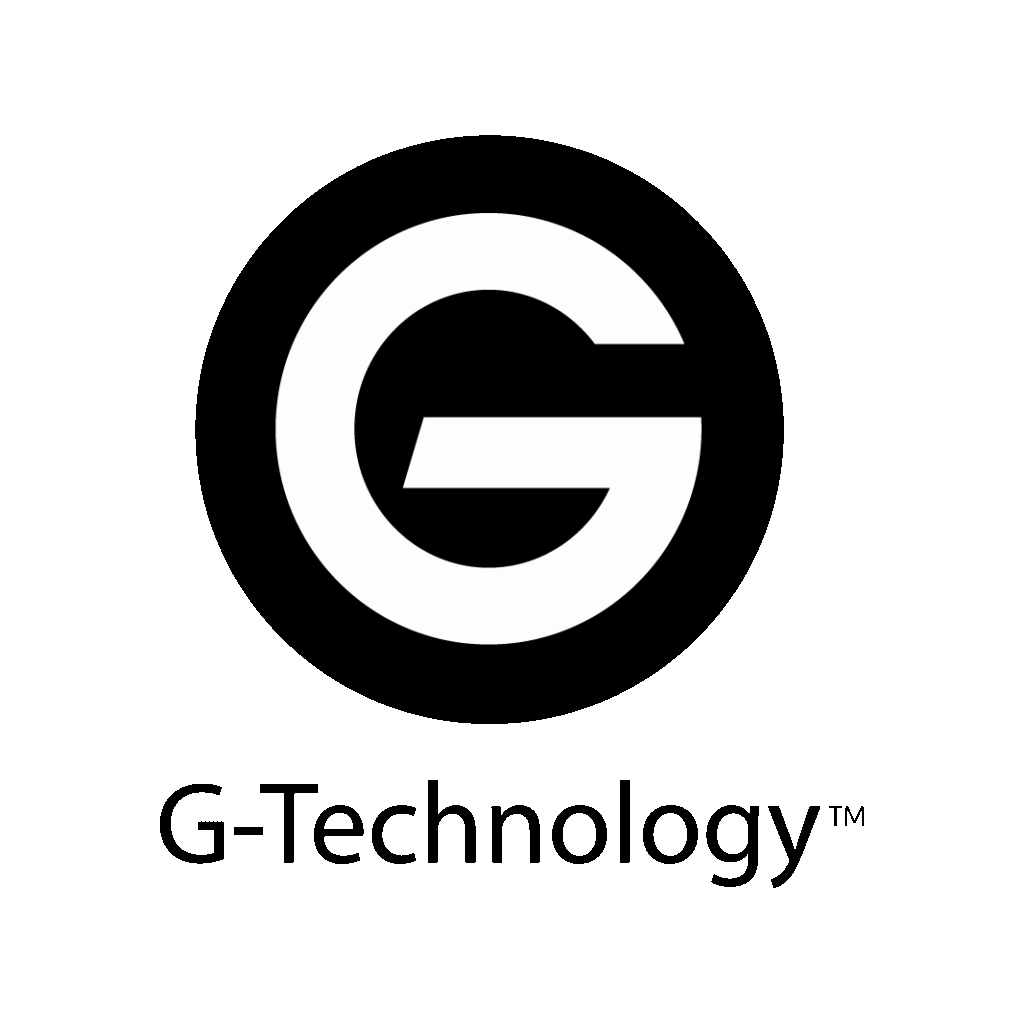
NAS devices are designed for reliability, but they’re still vulnerable to failure. Some of the most common reasons for NAS recovery include:
If your NAS device shows error messages, does not mount correctly, or makes strange noises, turn it off right away. This will help prevent more damage.
We provide NAS drive data recovery from nearly all major NAS device manufacturers, including:
If your NAS uses custom hardware, proprietary RAID levels, or encryption, we can still help. Our engineers are experienced in working with even the most complex NAS recovery cases.
If your NAS system fails or goes offline, here’s what NOT to do:
These steps may cause permanent data loss or overwrite critical RAID metadata. If your data is important, power down the NAS and contact a professional data recovery team immediately.
Every NAS data recovery begins with safety and structure. Our lab follows a six-step process to recover data from NAS drives and RAID arrays:
We begin by safely removing each drive from your NAS system.
Each disk is imaged sector-by-sector to create exact working copies. We never operate on the original drives.
We analyze each clone to locate RAID metadata, parity information, and file system structures.
Our engineers use this data to reconstruct the original NAS RAID array virtually.
We verify file system integrity and validate recovered data with directory structure and file previews.
Recovered data is copied to a new storage device and tested for integrity before being returned to you.

I was in a panic when my QNAP NAS crashed and none of my devices could connect to it. A friend recommended Five Star Data Recovery, and I’m so glad I called them. They recovered all my photos and important work documents within a few days. Super helpful team and great customer service.
Laura S.
New York, NY

My Synology NAS suddenly stopped working, and I couldn’t access any of my business documents. The engineer I spoke with explained everything in plain language and walked me through the recovery process. Within a few days, I had all my important files back. Very professional and easy to work with.
Mark D.
Los Angeles, CA

My QNAP NAS had multiple issues, and I was preparing for the worst. Thankfully, the recovery team was able to save nearly all my files. Communication was clear, pricing was fair, and the entire experience was much smoother than I expected. Highly recommend for NAS recovery needs.
James T.
North Hollywood, CA
Although we’re based in Los Angeles, our NAS recovery services are available across the U.S. We provide free round-trip shipping for all approved recovery cases.
Just create a recovery ticket on our site, and we’ll email you a prepaid shipping label with instructions. Once recovery is complete, we’ll return your data on a new drive securely and at no extra cost.
If your NAS system has failed, don’t panic—and don’t risk your data with unproven methods. Our team has recovered data from thousands of NAS devices and RAID configurations. Whether you need basic file recovery or advanced NAS RAID data recovery, we’re here to help. Call us today for a free diagnostic or start your case online now.
Data loss is stressful — but working with us doesn’t have to be. Watch how our team handles each recovery with care, professionalism, and precision. From diagnostics to delivery, we offer flat-rate pricing, honest communication, and proven results — all from our secure Glendale lab.
Yes. Whether your NAS is showing a “Degraded,” “Failed,” or “Volume Offline” status in the control panel, we specialize in recovering data from partially failed or fully failed RAID arrays within NAS systems.
Yes. We provide NAS data recovery services for all major brands, including Synology, QNAP, Drobo, Buffalo, Netgear ReadyNAS, WD My Cloud, and others. No matter the make or model, we have the tools and expertise to handle your recovery.
In many cases, yes. Even if your NAS volume was accidentally deleted or reformatted, we can perform a raw data scan and RAID reconstruction to recover your files—provided the data hasn’t been heavily overwritten.
We strongly advise against attempting a RAID rebuild after a drive failure unless you’re absolutely sure no additional damage exists. A failed rebuild attempt can make data recovery more difficult or even impossible. Contact us first for a free consultation before taking further steps.
We never recover data using the NAS enclosure itself. To ensure the safest and most effective recovery, we remove each drive from the NAS, clone them individually, and then use a virtual RAID controller to reconstruct the array. This approach prevents further damage and allows us full control over the recovery process.
Yes. If one or more drives in your NAS array have mechanical issues (e.g., clicking, not spinning, bad sectors), we can perform clean room recovery on the failed drives before reconstructing the array for data extraction.
Standard NAS recoveries typically take 5–7 business days, depending on the number of drives and the severity of the failure. For urgent situations, we offer Expedited and Expedited Plus Services for faster turnaround.
Absolutely. All data stays on-site in our secure recovery lab in Glendale, CA. We never outsource or share your data, and all recovered files are returned to you securely on a new external drive of your choice.
Yes. If your NAS device has suffered from firmware corruption or a failed system update, we can often bypass the firmware layer and access the raw data on the individual drives. Our engineers use specialized tools to extract and rebuild data from affected arrays.
We routinely handle multi-drive failure cases. If two or more drives in your NAS have failed, our clean room and advanced RAID reconstruction tools allow us to recover data by repairing drives individually and virtually reconstructing the array. Success depends on the extent of damage to each drive.
Yes. RAID rebuild failures are a common cause of NAS data loss. Attempting a rebuild on failing drives can make recovery more difficult, but we specialize in post-rebuild failure recoveries. We work from cloned images and use manual RAID reconstruction tools to safely recover your data.
Yes. If your NAS volume shows as RAW, unformatted, or inaccessible, it often indicates file system corruption or RAID metadata loss. We can perform deep-level scans and manually rebuild the RAID structure to recover your files safely.
Absolutely. We handle NAS recovery cases where one or more drives have bad sectors or are starting to fail. Our imaging tools allow us to bypass bad sectors and recover as much data as possible before the array is virtually reconstructed for file extraction.

Lab Hours
Mon – Friday: 10am to 6pm
Saturday: 10am to 2pm

Lab Hours
Mon – Friday: 10am to 6pm
Saturday: 10am to 2pm
© 2025 Five Star Data Recovery Services. All rights reserved.